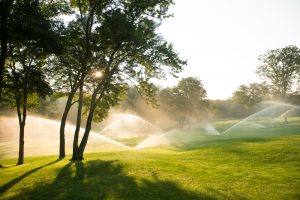What a difference a day makes when it comes to the weather conditions. Across the globe some of the highest-ever recorded summer temperatures as well as sudden, unprecedented rainfall, storms and flash floods are occurring. Given these weather extremes, how well has your club’s irrigation system been performing?
Here are a few questions to ask when assessing the health of your system
- Are playing members complaining about dry areas or turf quality?
- Do playing conditions in certain areas tell you where your system could be improved?
- Is your staff working out of hours, pushing up your overtime bill?
- Are they hand-watering more areas when turf is dry?
- Are your water bills increasing?
- When you check your year on year consumption, can you easily measure the difference to see what it’s costing your club for all that extra water?
It’s very likely that scorching summer temperatures are here to stay, so having more efficient systems and controls in place over the next year or two will be crucial. Turf managers assessing and adjusting their club’s irrigation practice after an audit, report a 40% reduction in hand watering as a result, and a reduction in water use.
Has a health check been carried out on your irrigation control system’s electrics and grounding lately? Electrical storms, lightning, flash floods, and power surges can all affect your system’s electrical components, especially in aging or deteriorating systems. Lightning strikes can cause severe electrical damage which is dangerous and can be very costly to rectify.

When your irrigation system breaks down, failing electrics are often the cause. Basic cable, jointing and decoders have advanced at considerable speed in recent years resulting in vastly superior reliability. With modern, integrated technology you can also benefit from faster diagnostics and enhanced grounding ratings. When systems are buried underground, it’s easy to assume that they’re working fine but, after 25 or 30 years, many show signs of deterioration and could easily fail at any time. All irrigation system electrics need to be checked and inspected on a regular basis.
As our weather conditions become less predictable and more volatile, taking a good look at your irrigation system and its ability to cope in the dry summers will give you a more informed view. Only then can you begin to plan improvements for warmer seasons ahead.
If your system is aging, contact your local Rain Bird Distributor and we can work out with you what enhancements need to be made, in what order, how best to phase any renovation to spread the cost of any improvements. Small changes can make a real difference and new technologies can easily be integrated into many older systems and deliver cost savings which can then help to fund future upgrades.

